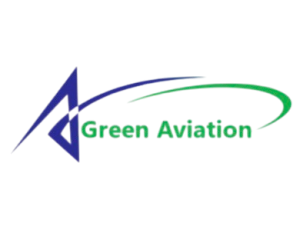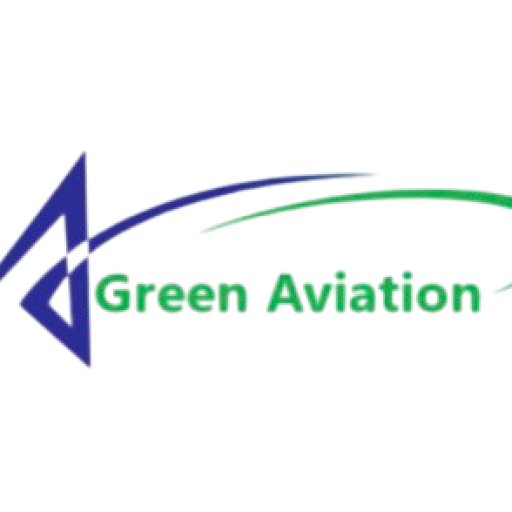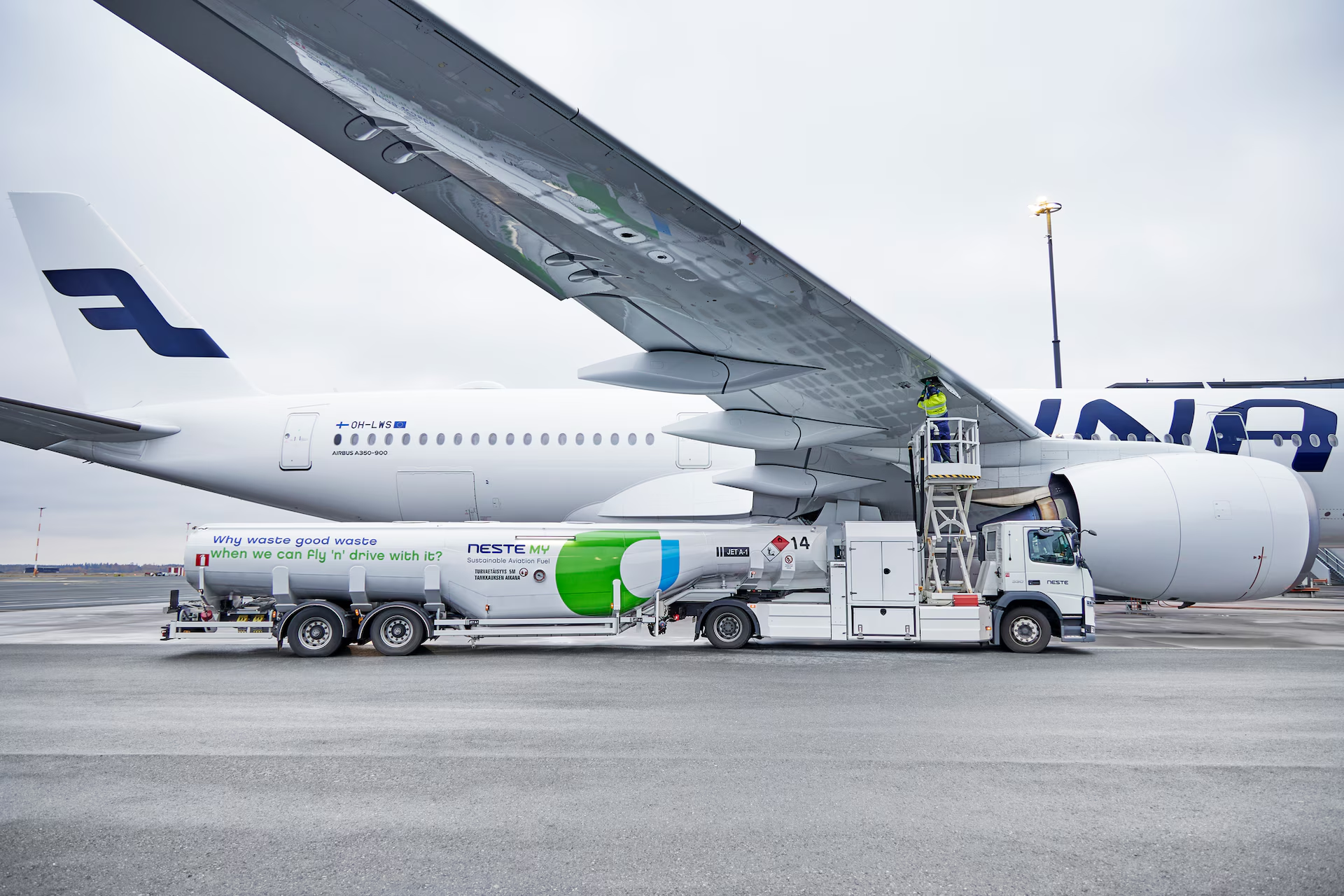Authors: Bofan Wang, Zhao Jia Ting, Ming Zhao
Publication Date: 10 August 2024
Category: SAF
Article Link: https://www.sciencedirect.com/science/article/pii/S2772656824000757
DOI: https://doi.org/10.1016/j.ccst.2024.100263
Abstract (Official): As the global aviation industry faces increasing demands for carbon reduction, the need for sustainable aviation fuel (SAF) is also rising. SAF is similar to traditional kerosene-based aviation fuel but has significantly lower carbon emissions. This reduction is achieved through various routes, including carbon capture technologies and the use of biogenic-carbon feedstock, such as biomass, which contribute to overall emission reduction. However, as a new alternative fuel, SAF’s application is limited due to a lack of awareness among countries and the absence of relevant regulations. This paper provides an overview of the current state of kerosene-based aviation fuel, the advantages of SAF, and analyzes the development potential and market for SAF, drawing on international regulatory experiences and mainstream production routes. Additionally, it organizes the certification systems and standards for SAF and discusses its techno-economic viability, technological maturity, and environmental benefits, particularly in terms of carbon emissions reduction. Finally, recommendations for the future development of SAF are provided to guide the aviation industry’s green transition and the comprehensive market application of SAF.
GAT Editor’s Comments:
– SAFs have the potential to significantly lower carbon emissions because of: (1) carbon capture technologies, and (2) the use of biogenic-carbon feedstock such as biomass
– Adoption is hindered due to (a) a lack of awareness and (b) absence of relevant regulations
– Potential production methods certifed by ASTM include: organic solid waste methods (HEFA, HC-HEFA, CH, FT-SPK, ATJ, and SIP)
– Other methods needing further research: lignin conversion and aqueous phase reforming
– Internationally recognizable certification standards for SAFs are still in development and will be based on ICAO’s CORSIA; specific issues requiring standards and certification include: monitoring fuel claims, reporting on eligible fuels, verification of eligible fuels, confirmation of emissions reduction from eligible fuels
– Further development of SAFs are not only essential to enable the aviation sector to achieve carbon neutrality but will serve as a catalyst for broader environmental, economic and social benefits in other sectors


